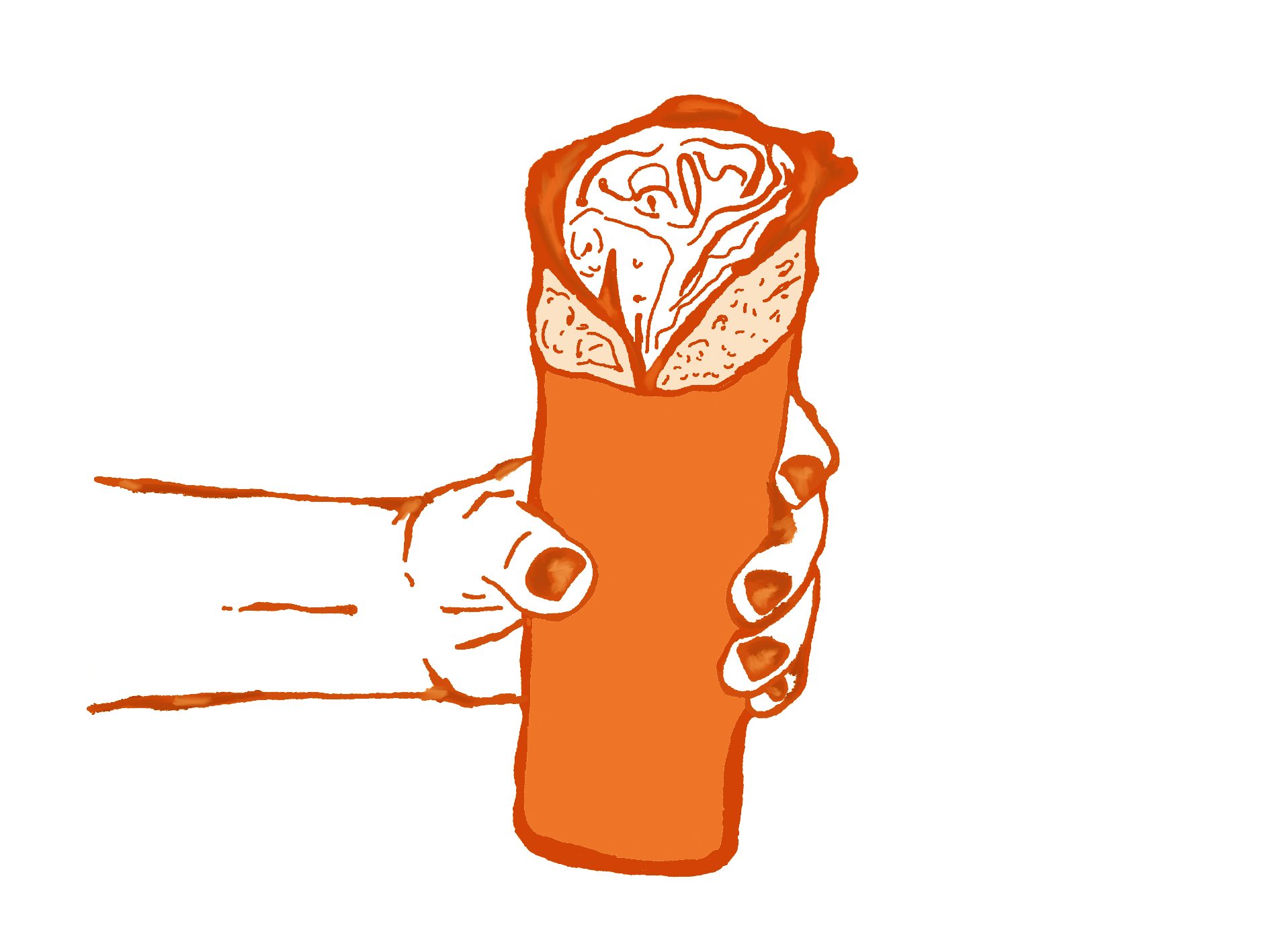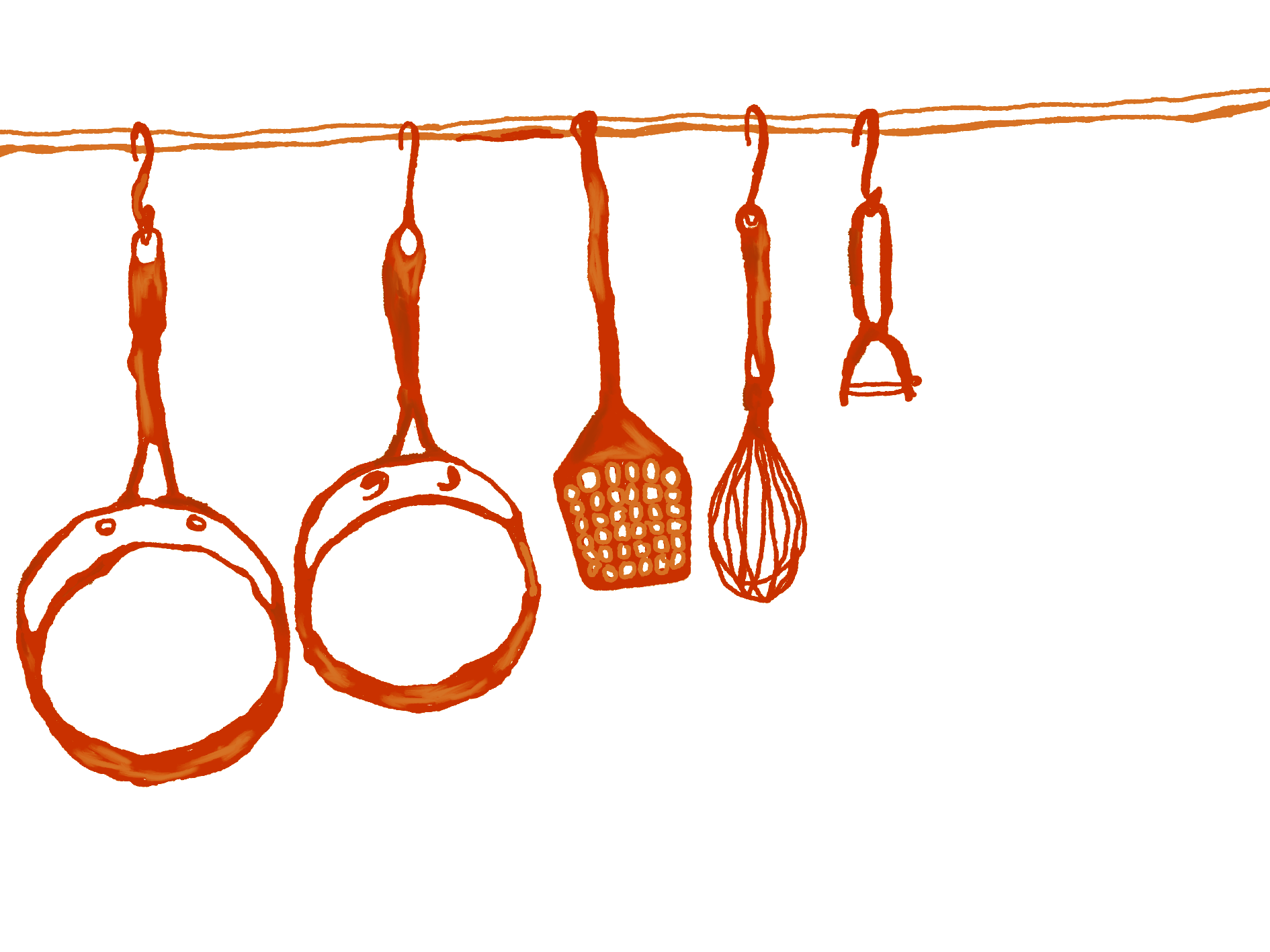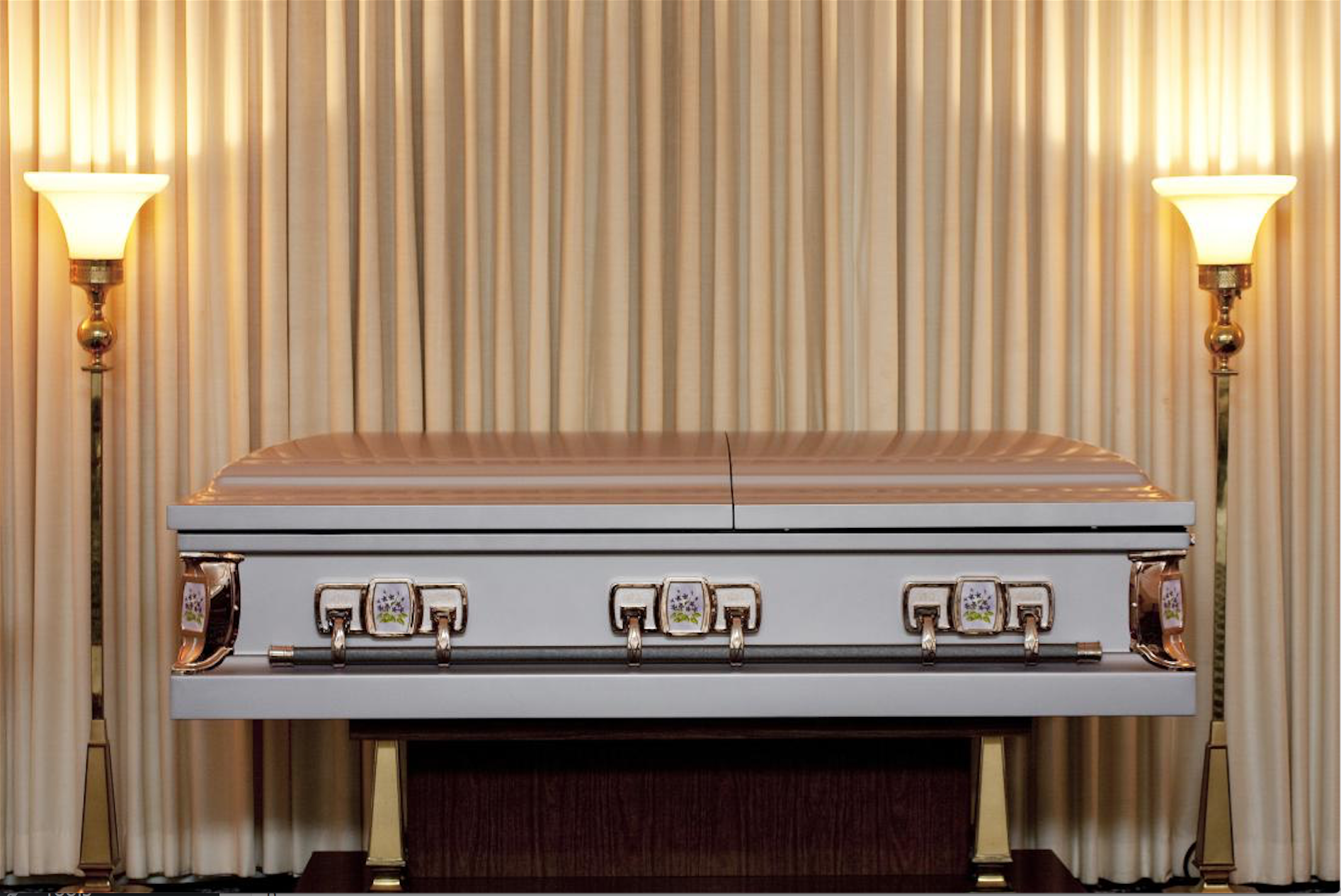
In Conversation with Henry Dimbleby
What would it look like if you got fast food in heaven? What if food was not only accessible and affordable, but also really good for you and really good? This was the drive behind Leon, Henry Dimbleby’s restaurant chain, beloved by the British public. Now, Dimbleby is taking his ambitions for an accessible future of food to the government, advising the Department for Environmental, Food and Rural Affairs (DEFRA) on how to ensure sustainable distribution of healthy and cheap food for all. Clemmie Read interviews him on behalf of The Isis.
Clemmie Read – We thought you might start by giving us some idea of background. How did you get into cooking?
Henry Dimbleby – When I was in my last year at St John’s College, I met a guy at a party called Bruno Loubet, a French chef with a Michelin-star restaurant. Before my finals I used to go down to London and cook with him for fun. I wasn’t very good at it. I said to him, “What would I do if I wanted to be a chef?” And he said, “Why don’t you come and work with me?” So that was my first job after university: going to work in a Michelin-star restaurant.
Bruno loved what he called cuisine du terroir – rough, south-western French cooking. He loved big, strong flavours, so that was a big influence on me. He was also just an amazing man: extraordinarily proud without being arrogant. If I’ve had a mentor in my life, it was him. So I was quite lucky to meet Bruno – that was the start of it. I was a journalist and a management consultant for a bit, but food was what I really loved, so I left Bain to set up Leon.
CR – Was it more about learning to appreciate the old classics, rather than experimenting?
HD – It was definitely the classic French thing, where the most important section is called ‘the sauce.’ You do the meat as well, but the sauce is the essence. We spoke kitchen French, so it was all trois lapins! and oui chef!, and a lot of shouting and banging of pans. Quite old school.
CR – It sounds great! You’d think that rigorous style would take the romance out of food, but you’ve got so many different projects going on that food still really seems like the central thing for you.
HD – I just really love food! I’ll come home from work and cook for people. It’s an expression of friendship, an expression of love. And it’s a flow activity: when you’re making a beetroot consommé it’s hard to worry about other stuff. My wife says I can’t walk down the street without inviting people to dinner.
CR – I loved the Leon recipe books when I was younger – they feel like a textual equivalent to fast food.
HD – It was all about making it easy to eat good food. No more than eight ingredients and six steps. We never said that was what we were doing, but that’s what we did – kept it simple. We used to send out our recipes to loads of people who weren’t good cooks, just to test them and see if they worked.
CR – That’s a great idea! Where do most of your recipes come from?
HD – It’s completely changed. When I was younger, I got them from my mum, or reading cookbooks, or going travelling and then trying to find a cookbook that had the recipe in. I had a little file where I’d keep the recipes – I still do. But now, it’s going to places, eating, and then Googling stuff. I had a Singaporean friend over from when I was working in Japan, and whenever we went out she always wanted meat and eggs, so I wanted to make her meat and eggs. Of course now you can just look up ‘Sichuan mince recipe’, and see all the pictures. You read it, think, “Oh that doesn’t sound quite right,” and then you make your own version of it. And it’s a completely different experience. But I think you have to have a certain level of confidence to do that, to go, “Really? Five tablespoons of Chinkiang vinegar?” It’s a much more fluid thing now than it used to be.

CR – With Leon in particular: it’s fast food, it’s delicious, it’s healthy, and it’s not too expensive – why hasn’t it been done before?
HD – It’s incredibly hard to do. You’re trying to make something that’s delicious, healthy, quick, consistent, and sell it for a decent price. As you add each of those things, it becomes harder to do. Consistency is really difficult. You have to make sure that you’re doing things that, even though they may take a lot of skill, can be done simply in the restaurant. And it’s just very hard to do. It’s quite easy to get 80% of the way there, and then it gets harder and harder. There are only some people who are mad enough to do the 90th iteration, and that’s what it takes to try and square that.
The other thing going on was the brand. We knew that it was fast food in heaven – like if God went to McDonald’s – but there were lots of choices to make about when it needed to be like fast food and when it needed to be different. For example, any restaurant you go to where there are photographs of the food, the food’s shit. So we started off with the dishes written on chalkboards. And I can’t believe how difficult we made it for people! There were people who knew what they wanted – fine – and then there were other people who walked into this place that looked a bit like McDonald’s, but with chalkboards that said, ‘Superfood Salad’ and ‘Falafel Wrap’, and they’re just standing there, panicking. And they’ve got a queue of people behind them, tapping their feet. It was just so dreadful! So we decided that we needed photographs. It was really hard when we started. It looks obvious now, but there are things like how much of the dish you shoot, what angle you shoot it from, how big it is, whether you have branding at a dish level or a category level… all of that stuff.
And I think we finally got there. But for me, what was right for the customer wasn’t the perfect answer for the food. I always used to prefer the boxes rather than burgers and fries. But if you want to do this for as many people as possible, it’s fast food. And that was quite important to us – that we weren’t just a central London thing. So you had to do burgers because that’s what people want.
CR – In terms of cost, how did you crack having food that tastes very high quality but isn’t too expensive? That seems hard to fine-tune.
HD – You do what we called spreadsheet cooking. First, you think of a recipe that is not too expensive. Peas taste good, don’t cost very much. Pulses, cabbage, sweet potatoes. So you think of a dish that could be delicious, but has some of those things in it. You then make it as best you can. And then you add the cost of each ingredient for the whole thing. And then you go, “That’s a delicious wrap, but we’re currently going to have to sell it for eight quid!” So what do you do? You go through and say, “Well, I’m not sure the tomato’s doing enough work. Could we replace it for something else?”
The other thing you do is have some overlap between dishes. Not so much that it seems like all your dishes are made of the same thing, but if all your dishes are made of different things, it’s too complicated for restaurants – they have to order thousands of ingredients. So you’re playing that game as well.
When you get it right, it’s fantastic. I remember, with the fish finger wrap, when we worked out that if you put quinoa in tartar sauce, it bulked it out and made it delicious. It was like, “Oh my god, that’s how you do it!” Because it was a bit weedy otherwise. But you also get it wrong sometimes. I remember John Vincent coming into the office and going, “Have you tasted our wraps recently? They’re not very good.” We went down and we tasted them and he was right. We’d salami-sliced too much, and lost sight of it a little. It’s a very involved process.
CR – So with the Food Strategy, you’ve written a two-part plan, which came out last July and the July before, and it’s going through the works in the government. Is that right?
HD – It’s not quite like that. About 50% of what we recommended has been done. In July 2020, Marcus Rashford was doing his campaign on keeping school meals going during the holidays, and I sent a copy of Part One to the CEO of Manchester United, a friend of mine, and said, “Can you give this to Marcus, I think he might be interested.” Then, in September, Marcus got in touch, saying, “Henry, I loved it, can I campaign for your recommendations?” It all came to a head that October. They put in place a bunch of my recommendations on properly embedding holiday activities and food programmes for all children on free school meals, extending Healthy Start, et cetera. So that was the first lot, and then in the recent Levelling Up white paper they took more. Then DEFRA took a bunch more.
CR – Do you have a food utopia that you can see happening in Britain, in terms of how we eat?
HD – Yes. The food system is one of the big causes of climate change. It produces 20-30% of greenhouses gases globally. I think there is a world where we can farm in a way which both sequesters carbon and restores biodiversity, but only if we eat less meat. The only thing people can agree on about Brexit is that it enables us to do this. We can change our agricultural policy because we can pay farmers to farm for public goods rather than just producing food.
But this certainly isn’t going to come about with a government for whom growth is the only goal. If you only focus on growth, you continue to destroy nature and health. We’re already subsidising destruction with $500 billion a year. Markets are incredible things, but they pollute, and create inequality. The job of a growth government should be to let people grow – to be a free marketeer – but ensure thatit doesn’t create dirt and inequality. Draw sensible boundaries to make sure that doesn’t happen. And we are getting better. We have more trees in this country than we did after the war and our rivers are cleaner, though they’re still full of shit. That was because of government intervention.
CR – And in terms of the future – do you think we all need to start phasing out meat now?
HD – We need to eat 30% less. But restriction is quite interesting. I’ve got a subscription to chickpeas and butter beans. Every two weeks I get them, and if you don’t use them it begins to get embarrassing! That has made me quite creative. Don’t do those bloody recipes where you go out and buy a million different ingredients and put them together. You’re not going to learn anything. It’s a bit like doing painting by numbers. Jack White used to say that if you took two people, gave one of them a guitar with a broken string and the other a studio with all the resources they wanted, the guy with the guitar would make better music every time. Restriction is what builds creativity.
CR – Just as we finish, bringing it back down to the student level: do you have any cooking advice for us?
HD – I was a dreadful cook! I remember making mushrooms and putting two bottles of oil in them. I think the most important thing is who you’re eating with and doing it mindfully. I spent most of my life in the St John’s bar eating baked potatoes with cheese and baked beans, but the times I remember are when we went out to Cowley and made an effort. That’s where you make the friends. That’s where you enjoy yourself more. ∎
Words by Clemmie Read. Art by Violet Trevelyan-Clark.







